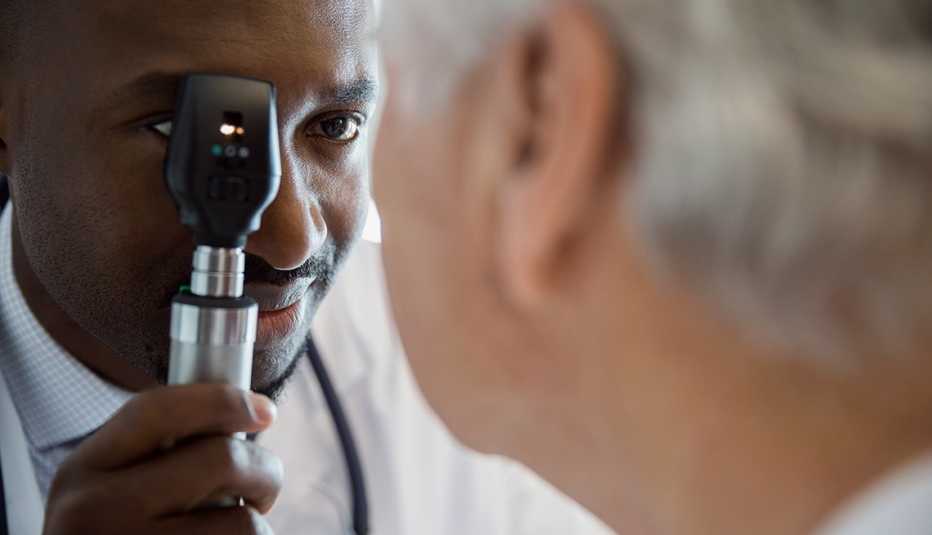AARP Hearing Center


Those of us with more than just moderate hearing loss tend to take care of our hearing.
We make sure our hearing aids are in good working order, and any new symptoms — dizziness, ringing in the ear, a drop in hearing — cause us to promptly go to the ear doctor.
But what about our eyes?
Unfortunately, the eyes, like much of the rest of the body, become more susceptible to disease and other issues as we get older. Some problems are serious and can lead to blindness, if left untreated. But for people with hearing loss, even a small decrease in vision can affect the ability to lip-read and thus understand better what they hear.
The combination of vision and hearing problems can also decrease the ability to socialize, which has been linked to a greater risk of dementia.
A 2014 study of nearly 900 European adults age 75-plus with hearing problems and more than 27,000 Europeans age 50-plus with vision problems found that people with vision or hearing problems were less socially active than those without sensory problems, and those with both vision and hearing problems were the least socially active.

































































More on Health
Monitoring Your Blood Pressure at Home
Why it's so important and how to do it right